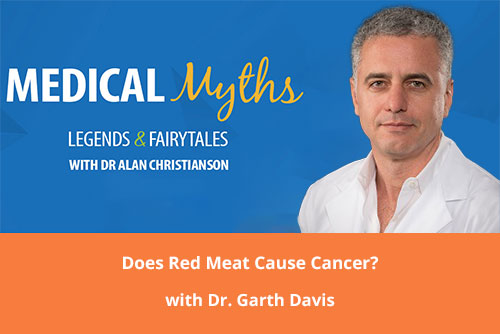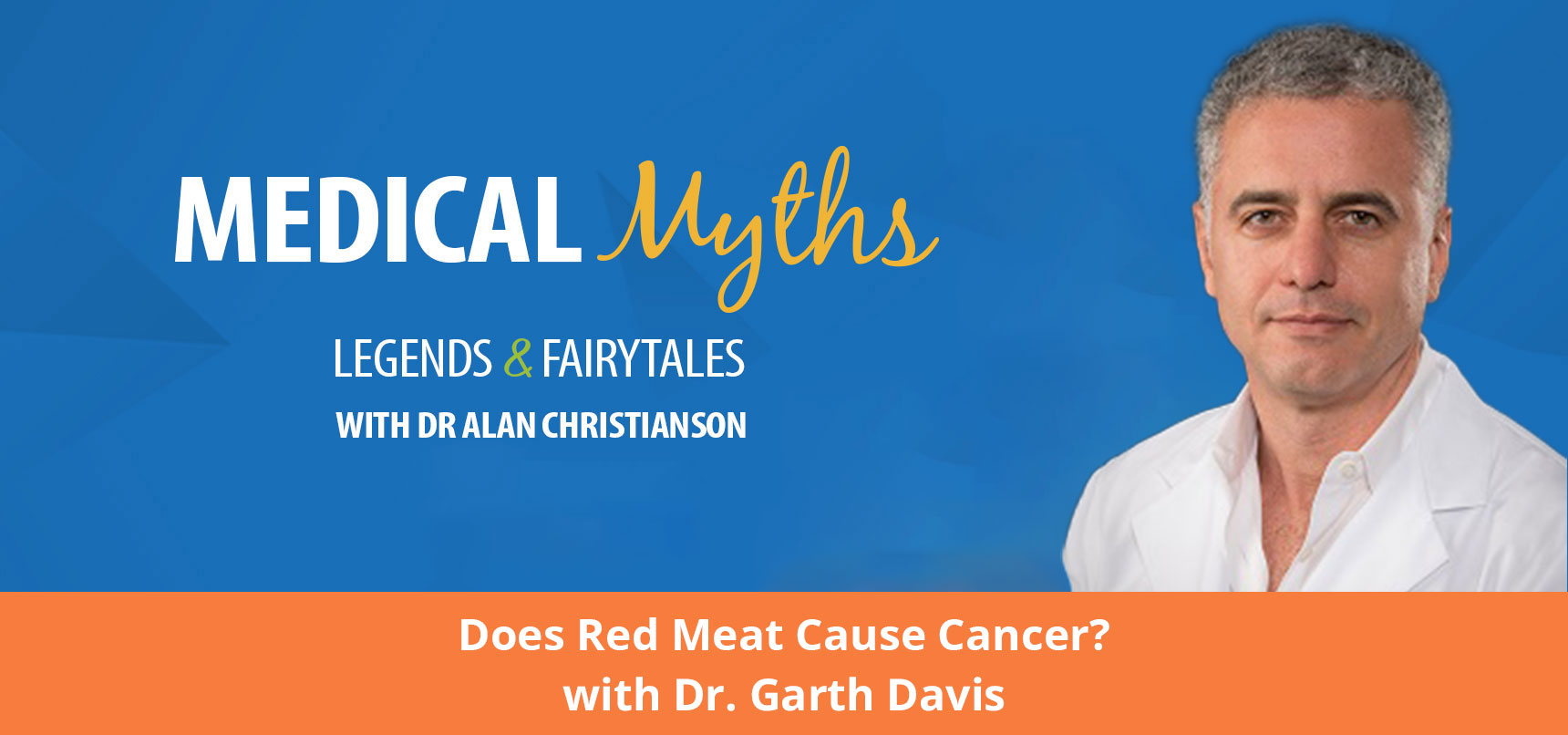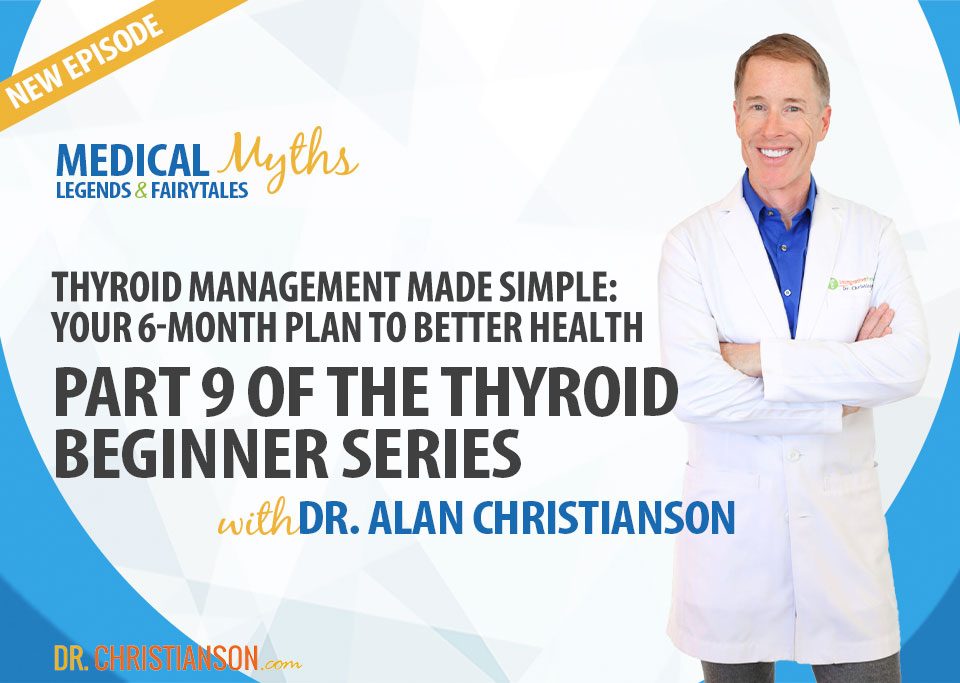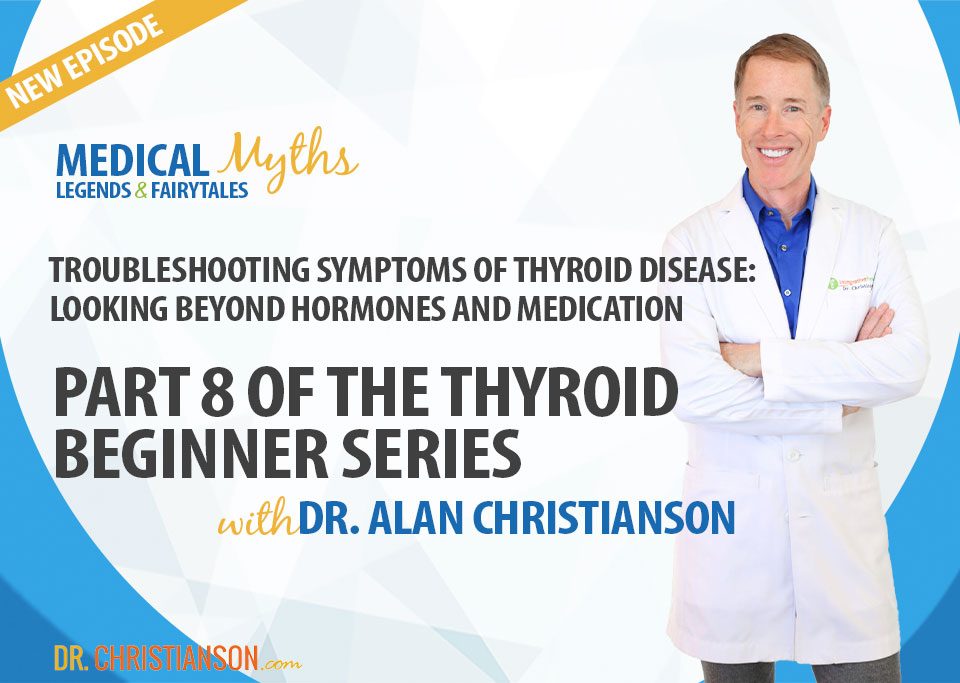Podcast – Does Red Meat Cause Cancer? with Dr. Garth Davis
Description: Between the latest online fads and the crazy media headlines, it’s easier than ever to get confused about your health. If you want to make better decisions about your health today so you can feel better and live longer, you’ve come to the right place.
Are you having a hard time determining if you have too much or too little protein in your diet? Too much protein means you might be dealing with potential disease risks, while too little protein presents the possible risk of changes to health span. Either way, the literature is often confusing and inconclusive and often leaves people with more questions than answers.
I’m joined today by Dr. Garth Davis, a bariatric surgeon, and author of Proteinaholic. Dr. Davis is an active member of the protein-based community and he has joined me to talk about the possible dangers of dietary protein and to share evidence-based truths about protein and how it might be affecting your health. We dive deep into the specifics of meta-analysis and epidemiology, how red meat really affects overall health, and the points of any study that you need to understand before accepting or rejecting its findings. We also take a look at the new lab-grown and plant-based meat movement that is quickly gaining popularity.
Key Takeaways:
[1:10] Today’s topic is animal protein — does it really affect your overall health and what are the actual risks of cancer for red meat eaters?
[3:57] Dr. Davis shares a classic example of the disconnect between obesity and protein that he regularly experiences in his work.
[5:47] Challenges that surface when trying to study the effects of protein on cancer, including correlations and meta-analysis in epidemiology.
[11:02] Understanding the protein-inclusive diets of blue zone populations and the misunderstandings that are often associated with mechanisms of action.
[17:12] A strong argument comes from a combination of high mechanistic action, high rates of epidemiological evidence, and meta-analysis, but what comes after that?
[22:03] Key points that have to be studied and understood in order to correctly interpret a meta-analysis.
[24:38] The features of red meat, fish, and poultry, and the details of leading healthy diet studies, including the PURE study and the Adventist health study.
[30:20] The overall characteristics of healthy patterned eating behavior often include eating poultry and fish, and Dr. Davis shares an example of the results from various studies and offers his overall advice for a healthier diet plan.
[35:47] How diet messages are received by a population is just as important as the details of the diet itself, but too often the public latches onto the wrong details and starts making poor health choices as a result.
[40:12] Dr. Davis offers his viewpoint on veganism, the clean meat movement and how both affect the environment and human health.
[47:50] The increased popularity of plant-based foods just may be proving that meat is in no way good for your heart health.
[52:05] Do you have a topic you’d like me to cover? Contact me on Facebook or Instagram using #medicalmyths.
To learn more:
Tweetables:
”Choosing to quote a random meta-analysis that you found online is a huge mistake.” — Dr. Garth Davis
“Science does progress over time, and our most current data is better than our prior data.” — Dr. Christianson
“I don’t think people need to go vegan, but I do think we need to change the way we look at our diet and eat a higher fruit and vegetable and bean diet with lower meat.” — Dr. Garth Davis
“I’m encouraged that there is an increased interest in proper science with diet.” — Dr. Garth Davis










